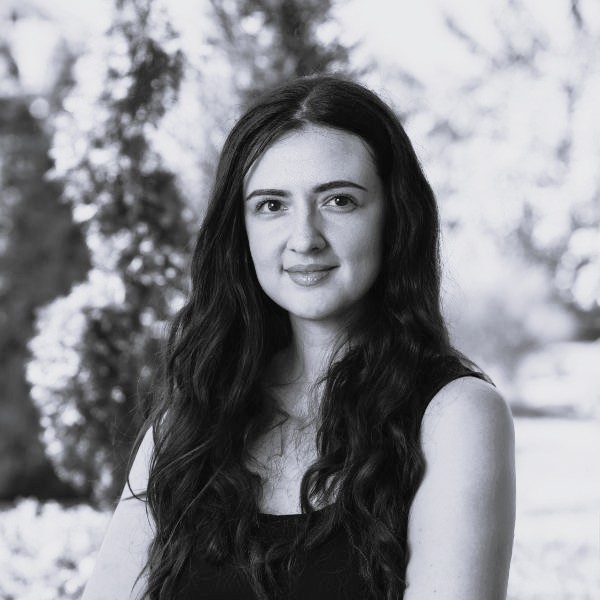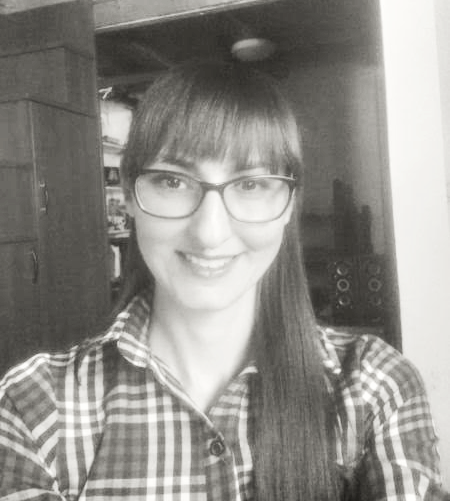Mirza is the Head of the Department of Physiology and Chair of the Division of Physiology and Immunology at the University of Zagreb School of Medicine (MEF), where he also leads the Office for E-Learning.
He completed his professional training as a recipient of a two-year Fogarty Postdoctoral Research Fellowship (1995–1998) at The Johns Hopkins University (JHU) in Baltimore and UCLA in Los Angeles. He has maintained a long-term scientific collaboration with JHU, co-authoring research papers published in leading international journals, with a special focus on NHE3 exchanger regulation. He was also the principal investigator of the U.S. research project FIRCA (2001–2004) funded by the National Institutes of Health (NIH).
Mirza served as the editor of the Croatian translation of the 14th edition of Guyton & Hall’s Textbook of Medical Physiology and, this year, its pocket edition. He is the author of numerous educational video lectures on cardiac electrophysiology and developed an interactive simulation program for learning about membrane potential, which is now used in physiology courses at several medical faculties across the region.
Over the past 25 years, his scientific and pedagogical work has focused on the development of e-learning and innovative teaching methods in higher education. He completed CARNet’s E-Learning Academy (E-learning Management Program) and the E-Mentor Program, and co-authored the University of Zagreb E-Learning Development Strategy (2007). His elective course was named the Best E-Course at the University in 2012. He has led numerous workshops and training sessions on the application of e-learning and innovative teaching approaches at Croatian universities.
He is currently a partner in two Erasmus+ Lump Sum Grant projects:
-
Teaching Critical Thinking in Science through Nanolearning and Virtual Exchange Principles (NANO-THINK) (2023–2026)
-
Advancing Higher Education through Digital Innovation and Smart Technologies (AHEDIS) (2025–2028)
He also leads two national development projects funded by CARNet: Pilot Project e-University (2023–2026) and Digital Maturity of Higher Education Institutions (2024–2026).
Mirza served as Multimedia Editor for the Croatian Medical Journal (2006–2019) and, since 2024, has been the Executive Editor of Psychiatria Danubina. He is also on the editorial board of the faculty journal Mef.hr and leads the Postgraduate Program in Telemedicine.
For his scientific and teaching achievements, he has received multiple awards, including international prizes for best scientific papers at conferences, as well as the Special Award of the School of Medicine for contributions to the Faculty’s work and reputation (2012) and for institutional advancement (2020 and 2023). His students have also been recipients of Dean’s and Rector’s awards.











